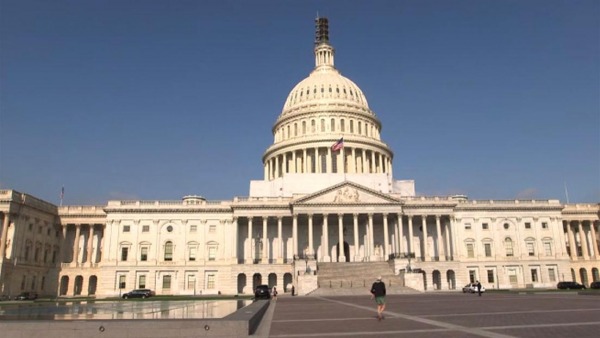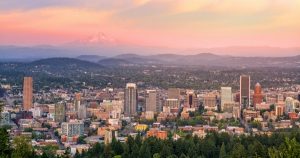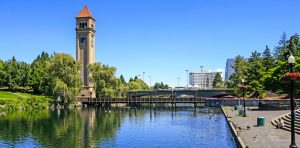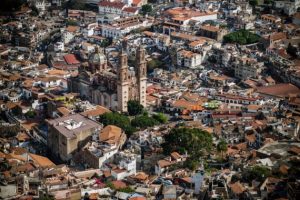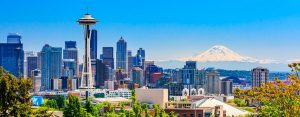United States : Safety by City
- Abilene
- Albany
- Albuquerque
- Anaheim
- Arlington
- Athens
- Atlanta
- Aurora
- Austin
- Bakersfield
- Baltimore
- Baton Rouge
- Bend
- Birmingham
- Boston
- Buffalo
- Charleston
- Charlotte
- Chattanooga
- Chesapeake
- Chicago
- Cincinnati
- Cleveland
- Colorado Springs
- Columbia
- Columbus
- Corpus Christi
- Dallas
- Dayton
- Denver
- Des Moines
- Detroit
- El Paso
- Fort Collins
- Fort Lauderdale
- Fort Myers
- Fort Wayne
- Fort Worth
- Fresno
- Gainesville
- Grand Rapids
- Greenville
- Hartford
- Honolulu
- Houston
- Indianapolis
- Irvine
- Irving
- Jackson
- Jacksonville
- Kansas City
- Knoxville
- Lakeland
- Laredo
- Las Vegas
- Lexington
- Little Rock
- Long Beach
- Los Angeles
- Louisville
- Lubbock
- Macon
- Memphis
- Mesa
- Miami
- Milwaukee
- Minneapolis
- Modesto
- Montgomery
- Nashville
- New Orleans
- New York City
- Newark
- Oakland
- Oklahoma City
- Omaha
- Orlando
- Oxnard
- Pensacola
- Philadelphia
- Phoenix
- Pittsburgh
- Portland
- Providence
- Raleigh
- Reno
- Richmond
- Riverside
- Rochester
- Sacramento
- Salt Lake City
- San Antonio
- San Bernardino
- San Diego
- San Francisco
- San Jose
- Savannah
- Seattle
- Sioux Falls
- Spokane
- St Louis
- St. Petersburg
- Syracuse
- Tallahassee
- Tampa
- Thornton
- Toledo
- Tucson
- Tulsa
- Tyler
- Virginia Beach
- Waco
- Washington DC
- Wichita
- Worcester
Washington, D.C., formally the District of Columbia and known as D.C. or just Washington, is the capital city of the United States. The city was named for George Washington, the first president of the United States and a founding father. The federal district is named after Columbia, a female personification of the nation.
Warnings & Dangers in Washington DC

OVERALL RISK : MEDIUM
Washington is not the safest city, but if you avoid distant districts from the city center and do not walk alone late at night, you can avoid most of the problems in this city.

TRANSPORT & TAXIS RISK : LOW
Public transport is well developed and safe. Keep an eye on your wallets on buses to avoid pickpocketing. Use only licensed taxi services.

PICKPOCKETS RISK : MEDIUM
Like any major city in Washington D.C., pickpockets do happen. Especially on public transport during rush hour. Keep track of your belongings, and do not leave bags and wallets unattended on the tables in the cafe.

NATURAL DISASTERS RISK : LOW
The city is not subject to any serious risks of natural disasters.

MUGGING RISK : MEDIUM
In the suburbs of Washington D.C., local gangs' showdowns occur; during these showdowns, there are shootings and kidnappings. Avoid these areas and don't get involved with drugs.

TERRORISM RISK : LOW
The risk of attacks still exists, due to the international position of the city, so tourists should be vigilant.

SCAMS RISK : MEDIUM
The most common scam in Washington D.C. involves fundraising or signing petitions. Under the guise of good intentions, scammers are actually deceiving tourists and collecting donations in their pockets.

WOMEN TRAVELERS RISK : LOW
Women traveling alone can feel quite safe in Washington D.C. The main thing is to adhere to the usual precautions and monitor your surroundings.
How Safe Is Washington DC for Tourists?
Washington is not considered the safest place to travel.
The crime index here ranges from medium to high.
The main problems are related to attacks, drug trafficking, and vandalism.
It can be said that the main serious crimes occur in the city district and the suburbs.
Usually, tourists have nothing to do there. So when traveling, stick to the main tourist routes and avoid walking alone late at night.
Robberies are a problem in Shaw, Adams Morgan, and the Middle Northeast, where nightlife is concentrated, and in the Gallery Place-Chinatown subway station.
However, visitors should not avoid these places – on the contrary, it would be a shame to miss them – but visitors should be vigilant.
In particular, avoid walking alleyways at nightstick to well-lit main shopping lanes, travel in groups, and maintain a basic level of sobriety.
Watch out for your pockets on the subway and public transport – pickpockets often wield here.
Due to its political orientation, the city has adopted a more formal dress style, and you rarely see people here in shorts and T-shirts.
However, there are no strict rules for tourists.
Behave here as you do at home.
Return home by taxi if you return late at night; use only licensed taxi services.
Do I Need a Visa to Visit Washington DC?
The United States visa policy consists of foreign nationals’ requirements to travel to, enter, and remain in the United States. Visitors to the United States must obtain a visa from one of the U.S. diplomatic missions unless they come from visa-exempt or Visa Waiver Program countries. A valid passport is a must.
Which Currency Is Used in Washington DC?
The United States dollar is the US currency, one of the main reserve currencies in the world. One dollar is divided into 100 cents.
How's the Weather like in Washington DC?
In Washington, D.C., the summers are warm and muggy, the winters are very cold, and it is partly cloudy year-round. The best times to visit Washington, D.C., are from September to November and March to May.
What Do I Need to Know about Airports in Washington DC?
There are three major airports in the Washington, DC region: Ronald Reagan Washington National Airport, Washington Dulles International Airport, and Baltimore/Washington International Thurgood Marshall Airport.
Should I Get Travel Insurance for My Travels?
A travel insurance policy is a must when visiting a foreign country or city. Make sure you got it before starting your journey; the customs officer may ask for it.
What Are Some Things to Do in Washington DC?
The United States, Washington, is a small city in the District of Columbia, between the states of Maryland and Virginia. It is distinguished by many neoclassical monuments and structures, including the famous three buildings that house the three branches of the US government: the Capitol, the White House, and the Supreme Court building. The city is also home to famous museums and concert halls, including the Kennedy Center.
Is the Water in Washington DC Safe to Drink?
Tap water is safe to drink.
Is Uber Safe in Washington DC?
There is an Uber taxi in the city; you can call a taxi from your smartphone application. The fare will depend on the time of day and the distance traveled.
